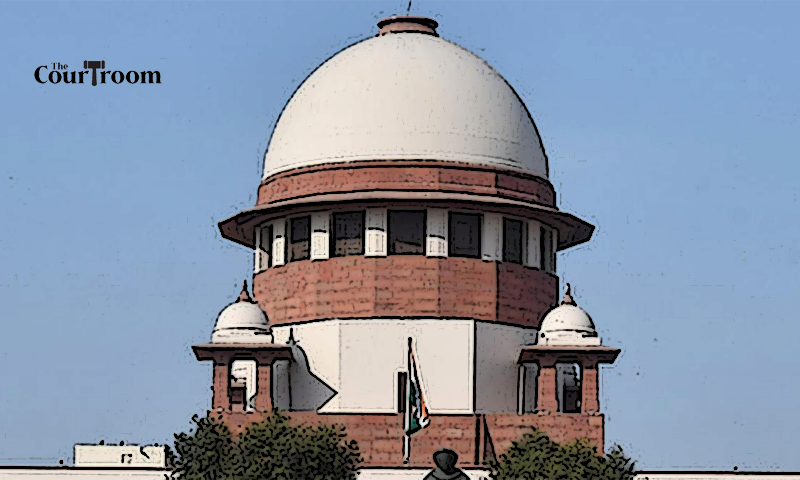A writ petition has been submitted to the Supreme Court seeking amendments to the Advocates Act 1961, to relieve lawyers from wearing traditional black coats and gowns during the scorching summer months.
Advocate Shailendra Mani Tripathi, who filed the petition, requests the Court to instruct the State Bar Councils to identify the summer months specific to each state and exempt the wearing of black coats and gowns during this period. The plea also calls for the formation of a committee of medical experts to evaluate the impact of wearing such attire on health and work efficiency, and to provide recommendations accordingly.
Health and Safety Concerns
The petition highlights that the traditional British-origin dress code does not consider India’s diverse climatic conditions. The black uniform’s heat absorption exacerbates discomfort, irritability, and stress, potentially leading to unsafe working conditions for advocates. The petitioner argues that this issue violates the right to safe working conditions and disproportionately affects those with pre-existing health conditions.
Equality and Fairness Issues
The petition points out the unequal impact of the dress code, noting that not all lawyers are equally affected. Advocates with health issues or lower heat tolerance suffer more, leading to an unfair working environment. Younger lawyers, in particular, may hesitate to voice their discomfort for fear of career repercussions, further perpetuating an inequitable situation.
Freedom of Expression
Additionally, the petition argues that the mandatory dress code infringes on lawyers’ freedom of expression. Lawyers should be able to dress comfortably, especially when attire affects their health and work performance. The petitioner references the Supreme Court case of S. Rangarajan vs. P. Jagjivan Ram (1989), which underscored that personal freedom includes expressing oneself through attire.
Right to Dignity
The petitioner asserts that the current dress code deprives lawyers of their right to live with dignity. Citing the landmark case of Maneka Gandhi vs. Union of India (1978), the plea emphasizes that any procedure impacting a person’s life or liberty must be just, fair, and reasonable. The Government of India and the Bar Council of India have not addressed this issue, prompting the need for Supreme Court intervention.
Specific Requests
The petition seeks the following reliefs:
- Direct the Bar Council of India to amend its rules and the Advocates Act, 1961, to exempt advocates from wearing black coats and gowns during summer in the Supreme Court and High Courts.
- Instruct each State Bar Council to determine the specific summer months for their state during which the exemption will apply, based on regional temperature and humidity.
- Order the Union of India to establish a committee of medical experts to study the health impacts of wearing warm clothes in summer on advocates, railway TTEs, and other employees with similar dress codes, and to provide recommendations.
- Pass any other orders deemed appropriate by the Supreme Court.
Previously, the petitioner approached the Supreme Court in 2022 with the same request but withdrew to file a representation before the Bar Council of India.
Share your news, articles, deals, columns, or press releases with us! Click the link to submit and join our platform today.


